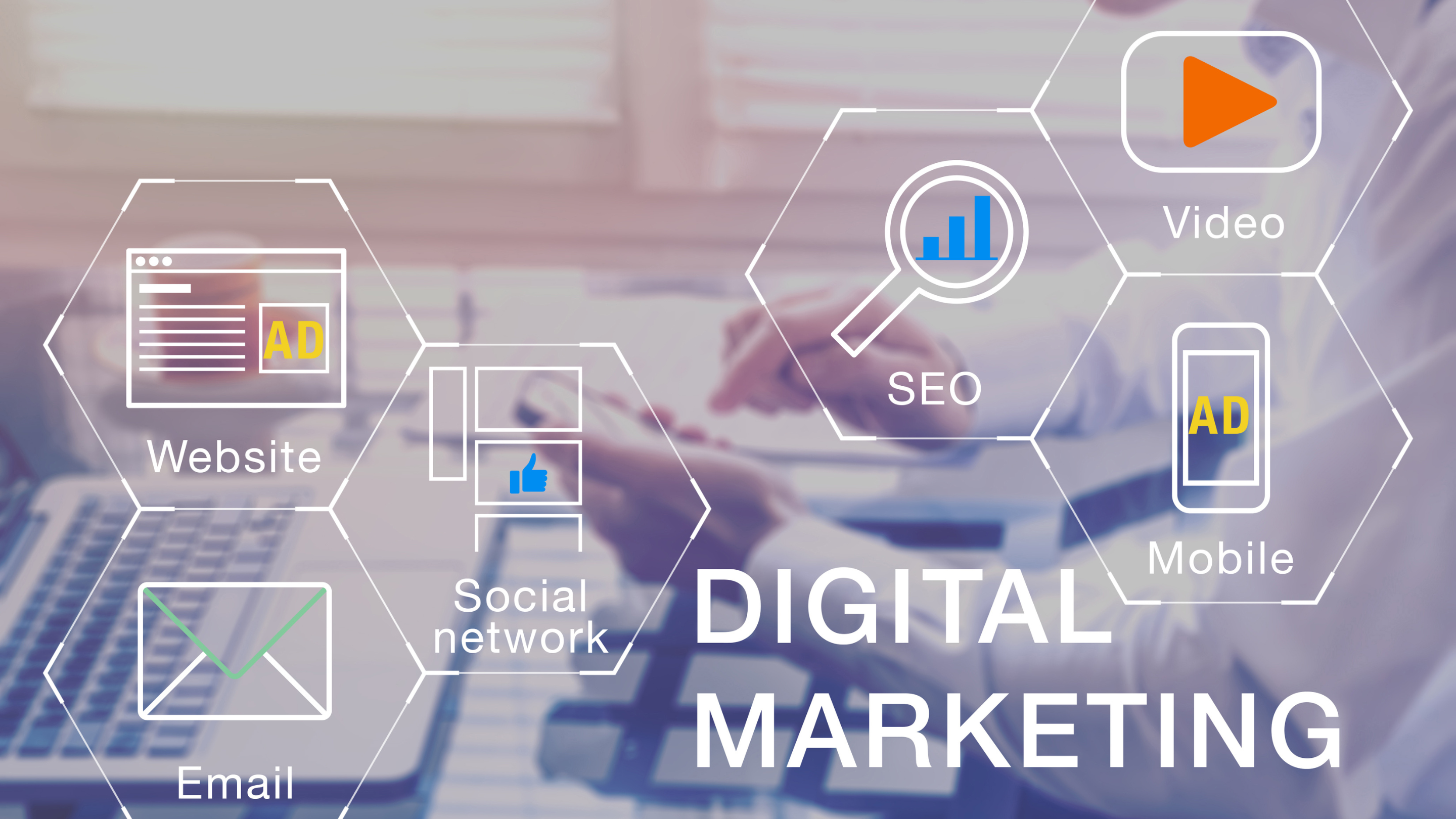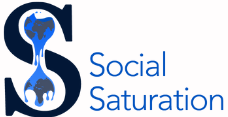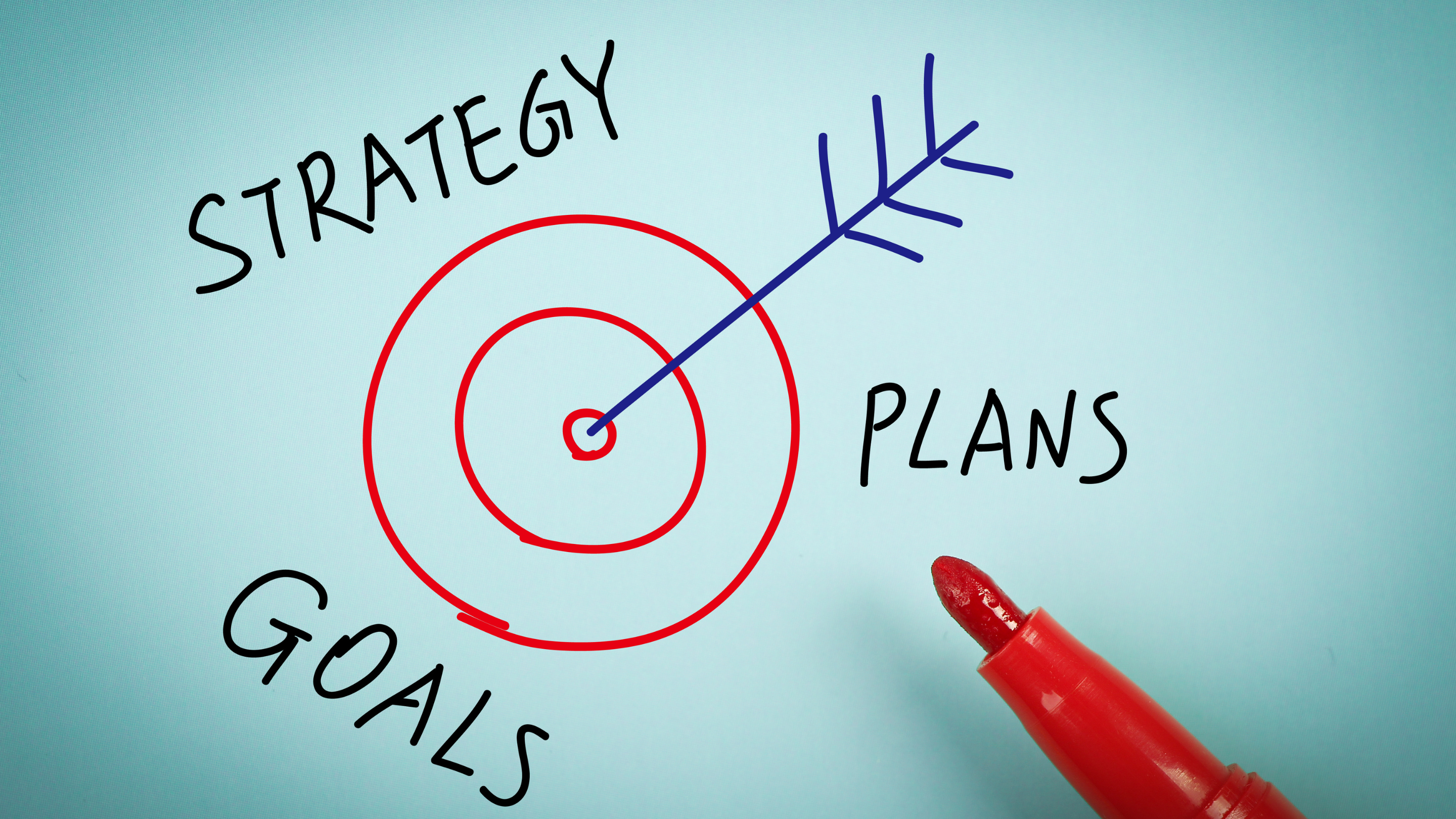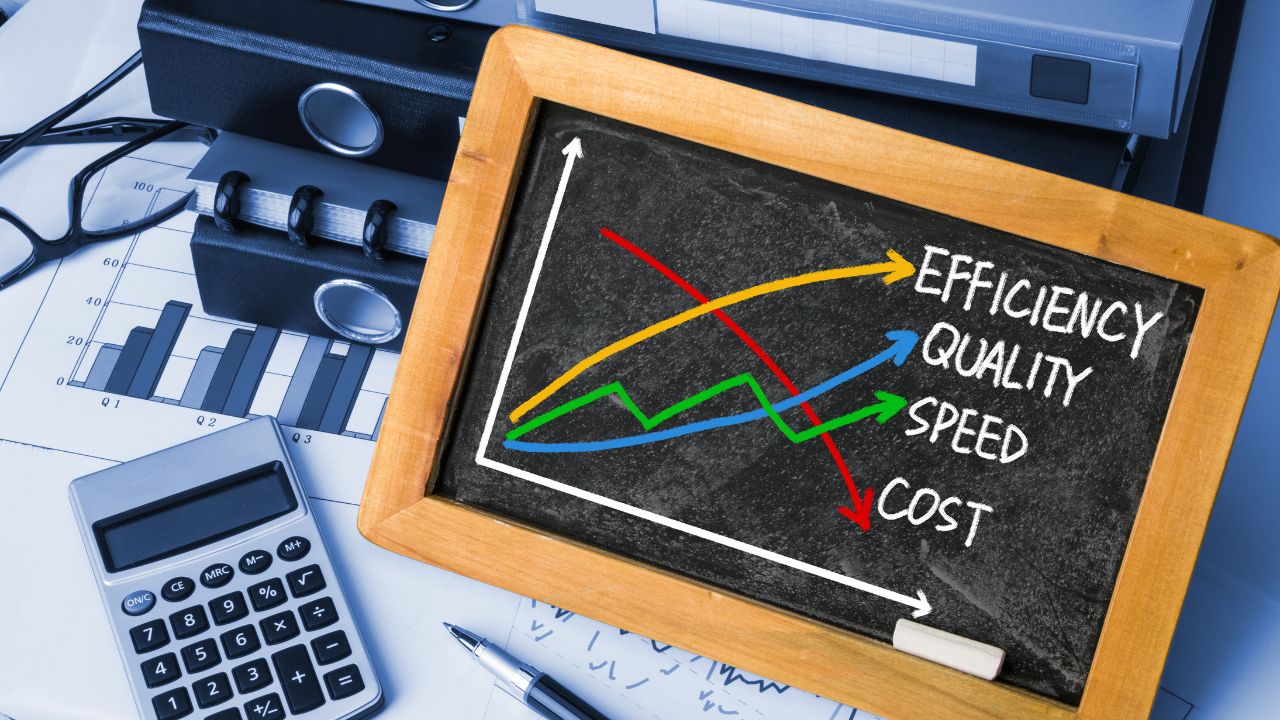
In-House vs. Marketing Agencies.
In the ever-evolving world of business, effective marketing is the key to success. Companies often find themselves at a crossroads when deciding whether to manage their marketing efforts in-house or partner with a specialized marketing agency. Both approaches come with their own set of advantages and challenges. In this article, we’ll explore the pros and cons of in-house marketing and shed light on why working with a marketing agency can deliver superior results, backed by compelling statistics.
Pros of In-House Marketing:
- In-Depth Knowledge of the Brand:
– In-house teams have an unparalleled understanding of the brand and its values, which can lead to more authentic and tailored marketing efforts
- Immediate Communication:
– With all team members working under the same roof, communication tends to be more immediate, fostering quick decision-making and agile responses to market changes.
- Cost Control:
– In-house teams offer more control over budget allocation, allowing companies to manage costs more effectively without external agency fees.
Cons of In-House Marketing:
- Limited Expertise:
– In-house teams may lack the diverse skill sets that marketing agencies provide, limiting the range of strategies and tactics at their disposal.
- Resource Constraints:
– Smaller companies may struggle with resource limitations, hindering their ability to implement and execute comprehensive marketing campaigns.
- Creativity Challenges:
– Insularity can sometimes lead to a lack of fresh perspectives and creative insights, potentially limiting the innovative aspects of marketing campaigns.
By clearly defining the rules and expectations, T&C help protect your website from misuse and provide a legal basis for addressing issues that may arise during user interactions.
Pros of Marketing Agencies:
- Specialized Expertise:
– Marketing agencies bring a wealth of experience and specialized skills, ensuring a diverse range of strategies, from SEO and content marketing to social media and influencer partnerships.
- Scalability:
– Agencies can quickly scale their efforts based on the needs of the business, providing flexibility and adaptability in dynamic market conditions.
- Access to Cutting-Edge Technology:
– Marketing agencies invest in the latest tools and technologies, giving clients a competitive edge in data analytics, targeting, and campaign optimization.
Statistics Supporting the Agency Advantage:
- According to a survey by HubSpot, companies that outsource marketing are 46% more likely to see a positive return on investment (ROI).
- The Content Marketing Institute reports that 73% of B2B marketers believe working with an agency provides a better ROI than handling marketing in-house.
- A study by Forbes found that 78% of CMOs feel that agencies are better equipped to handle the fast-paced changes in the marketing landscape.
Conclusion
While in-house marketing has its merits, the statistics clearly indicate that collaborating with a marketing agency can yield more substantial benefits. The specialized expertise, scalability, and access to cutting-edge technology make agencies a formidable ally in navigating the complexities of the modern marketing landscape. Striking the right balance between in-house capabilities and external support can empower businesses to create impactful, data-driven campaigns that drive long-term success.


